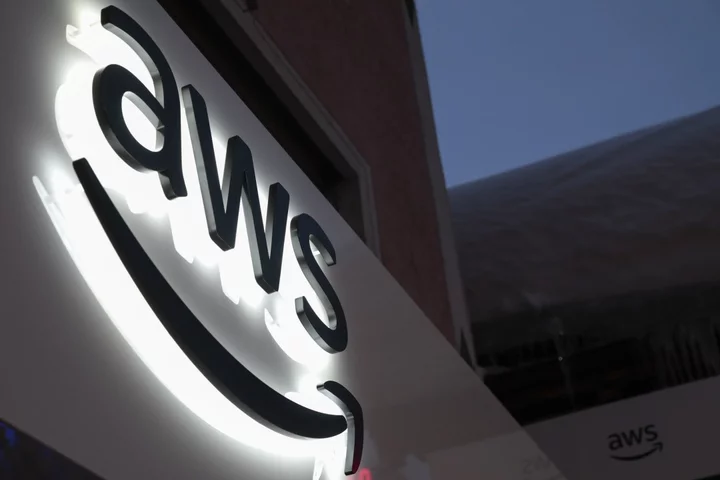
Amazon Says It’s Resolving Outage That Knocked Websites Offline
Amazon.com Inc.’s cloud-computing arm is working to resolve an outage that disrupted a swath of websites and services,
2023-06-14 05:16
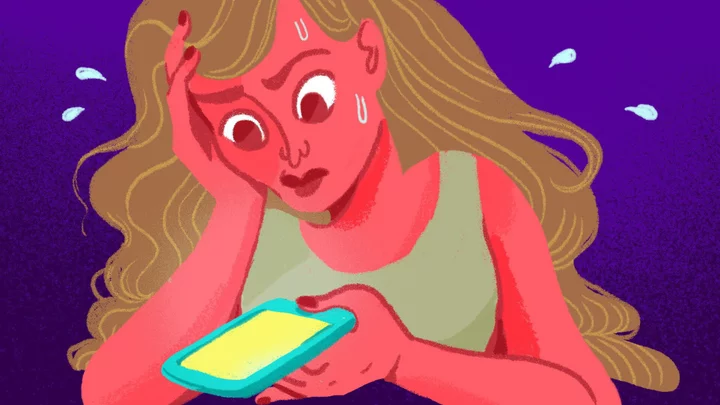
Stop the Madness: How to Block Spam Calls and Robocalls
Are you sick and tired of all the spam calls you get? The FCC has
2023-08-08 06:26
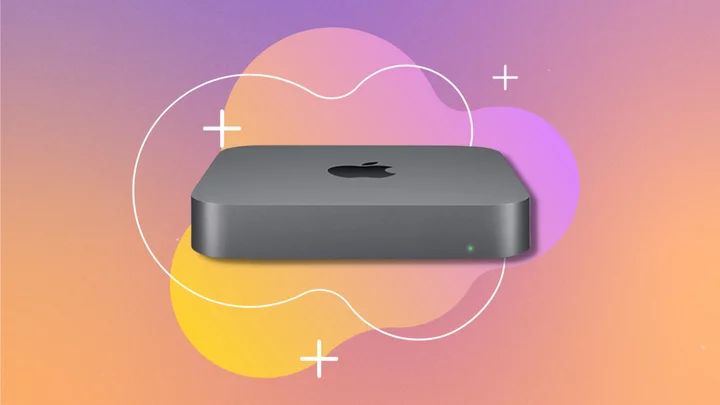
Save 37% and get a brand-new Apple Mac mini for $686
TL;DR: As of June 15, you can get a Mac mini (Core i7, 32GB RAM,
2023-06-15 17:53

Knightscope Secures Contract from Texas Semiconductor Company
MOUNTAIN VIEW, Calif.--(BUSINESS WIRE)--May 17, 2023--
2023-05-17 21:45

Train your golf swing at home with this $190 simulator bundle
TL;DR: As of July 1, you can get access to the Phigolf World Tour Edition
2023-07-01 18:26

TikTok 'confident' of stopping Montana ban: CEO
TikTok is confident of stopping a ban in the US state of Montana, its CEO said on Tuesday, after the Chinese-owned social media...
2023-05-23 18:46
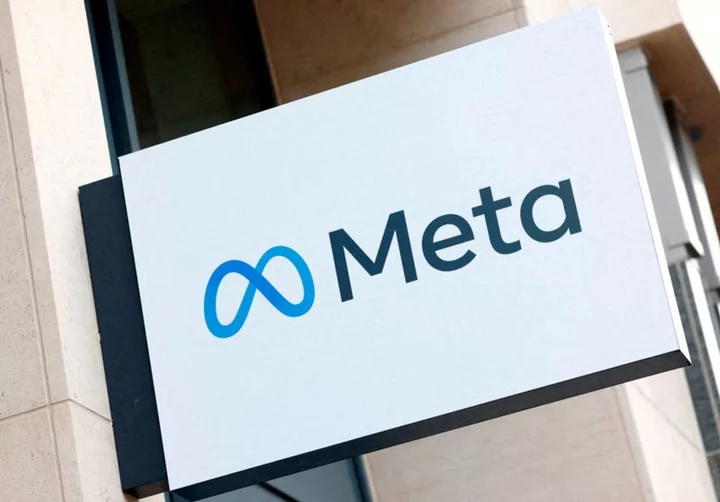
Meta unveils Quest 3 mixed reality headset ahead of Apple's VR debut
By Katie Paul NEW YORK (Reuters) -Meta Platforms CEO Mark Zuckerberg on Thursday revealed the company's next generation mixed reality
2023-06-02 00:53

BAE Systems unveils NavGuide™ GPS receiver
SAN DIEGO--(BUSINESS WIRE)--Jun 13, 2023--
2023-06-14 01:55
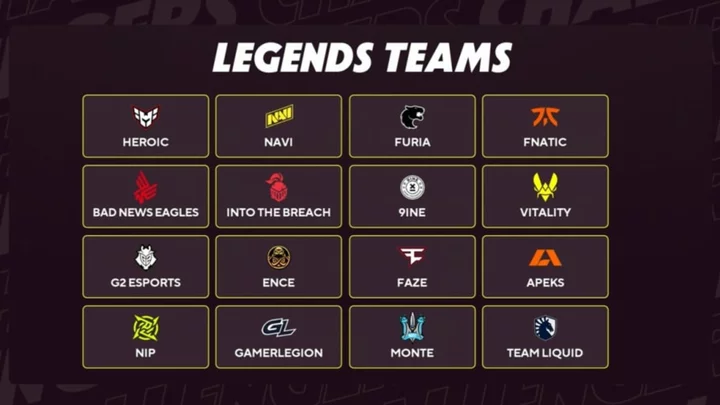
CS:GO Major Simulator: Best to Use
CS:GO Major Simulator Majors.im is a great tool to track Swiss round progressions for teams at the BLAST.tv Paris Major 2023.
2023-05-17 00:22

Jakarta Pollution Worst in World Amid Jumbled Policy Response
Jakarta has been blanketed in smog that has made its air quality the worst in the world as
2023-08-25 15:24

What Elizabeth Holmes' life in prison could look like
Once a Silicon Valley icon and paper billionaire, Elizabeth Holmes will now have to wake every morning at 6 a.m., hold a job paying as little as $0.12 an hour, and share bathing facilities at a prison camp in southern Texas.
2023-05-31 01:49

Anthropic’s Amodei Warns US Senators of AI-Powered Weapons
A CEO whose company says its artificial intelligence products are tools “that people can rely on” warned senators
2023-07-26 06:45
You Might Like...

Asmongold: Streamer is open to switching to Kick if he gets a good deal

Google rolls out a major expansion of its Bard AI chatbot

Sony PlayStation CEO Ryan to retire

OpenAI delays custom GPT store's launch- Axios

Exxon Raises Dividend After Free Cash Flow Soars More Than Expected

Ethereum Software Infrastructure Provider Flashbots Raises $60 Million

Intel Hit by $400 Million Fine as Clash With EU Rumbles On

Why do teenagers love Andrew Tate? TikTok fails to implement age control on misogynistic influencer's videos
